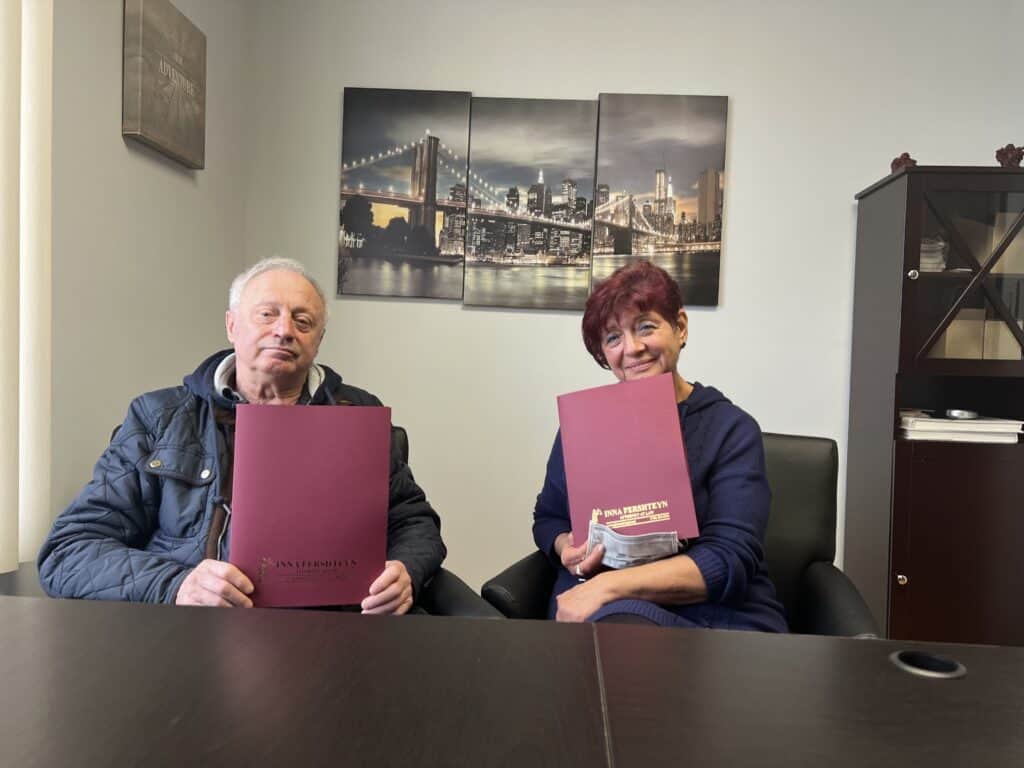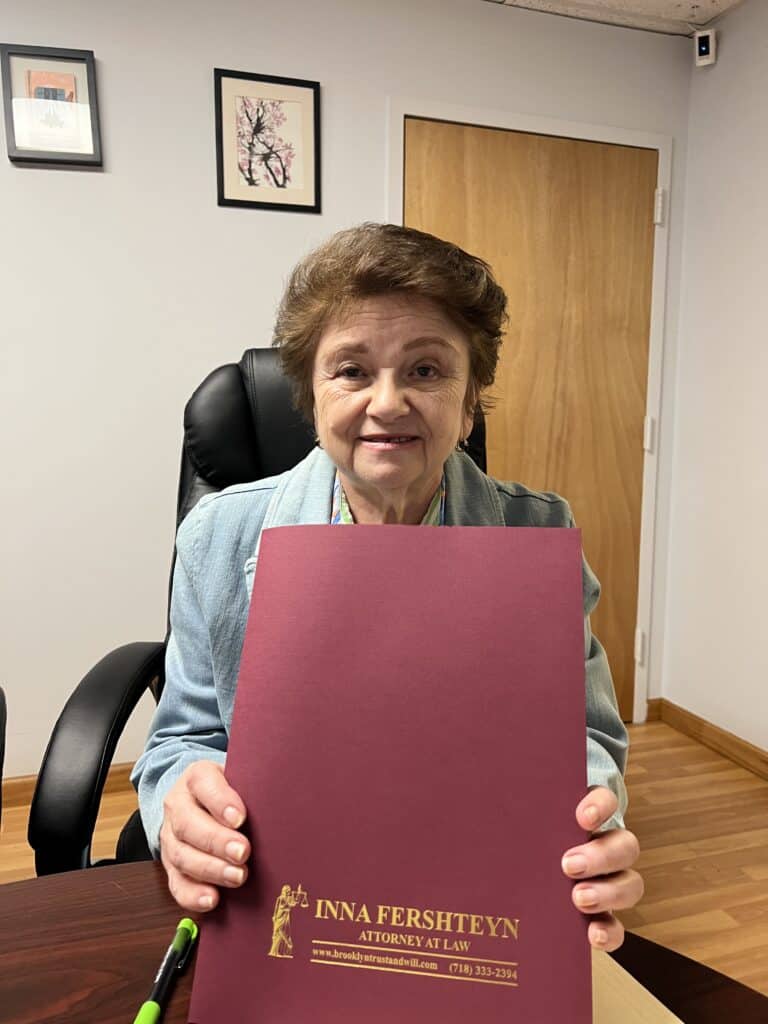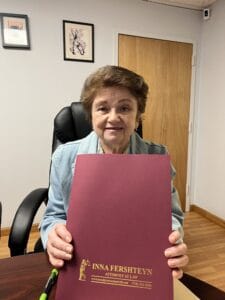Looking Ahead: Estate Planning for Early Onset Alzheimer’s and Dementia
Alzheimer’s and dementia are two of the most common fears that come with age, especially if you have a genetic predisposition to these diseases. The tragedy of these conditions is that there is truly nothing you can do to stop yourself from losing your memory. However, as you face this stark reality, it is important to be aware that there are steps that you can take, from a legal perspective, to set up your descendants for success before it is too late. When creating an estate plan, you must legally be of sound mind. If the attorney has any doubt that you have the capacity to make your own decisions, they are obligated by law to consult with a doctor. If you are at risk for developing early-onset Alzheimers, it is important to avoid delaying your estate planning journey.

Appointing a Power of Attorney
One of the most integral steps to take if you are at risk of developing Alzheimer’s or dementia is appointing a power of attorney. This allows you to communicate your healthcare preferences through legal documents. This also ensures that your medical and personal care decisions are aligned with your values and preferences, even when you are no longer able to make decisions due to cognitive decline.
A power of attorney should be bestowed on the person that you trust most to make medical decisions on your behalf when you are no longer able to do so. Your healthcare proxy will be the person advocating for you and reflecting your wishes. A durable power of attorney is equally as important. The person that you chose for this role will handle your financial affairs, pay bills, manage investments, and make any decisions regarding property or the law on your behalf.
The Living Will
The fear with Alzheimers is that you will one day no longer be able to take care of yourself, and that you must rely on others to make decisions on your behalf. Perhaps the single most essential document in estate planning for early-onset Alzheimer’s and dementia is your living will. This document is crafted while you are in a sound state of mind, able to think critically about your future. A living will can contain any and all of your wishes for how you hope to live out the rest of your life. It gives you power over your future and gives advance directives to the people responsible for taking care of you. Your living will should include preferences for medical treatment and end-of-life care as well as your desires for life-sustaining treatment, organ donation, and other critical decisions.
Other Estate Planning Considerations
Just as you would with an ordinary estate plan, it is important to think about all of your assets and what you want their journey to be. There are various types of trusts that can be used to pass down different types of assets in a wide range of formats. While you can still make decisions, it is up to you to secure both your own financial future and the future of those you care about. You will need to designate guardianship for minors if you have children you will not be able to care for in the event of an early-onset of the disease. You should also consider your long-term care options and how they will affect your assets.
If you plan to go to a long-term care facility or receive government-subsidized at-home care, there are important considerations. Nursing homes and other long-term care facilities will drain all of your assets, even liquidating properties, before turning to state-subsidies. In order to protect the financial futures of your beneficiaries, it is important that you set up an irrevocable trust. An irrevocable trust separates the ownership and control of the assets it holds. This means that you can continue living in your house, but since the asset is no longer legally owned by you, it cannot be targeted by nursing homes or other creditors. After you pass away, the house will safely go to your beneficiary.
Navigating this process is extremely difficult, and likely impossible, without an experienced attorney by your side. A good attorney will set you up for success to the best of their ability in your personal, financial, and medical future. If you have any further questions about when it is the ideal time to begin your estate planning journey, please call the Trust and Estate Planning Law Office at (718) 333-2395 to take your next steps.







